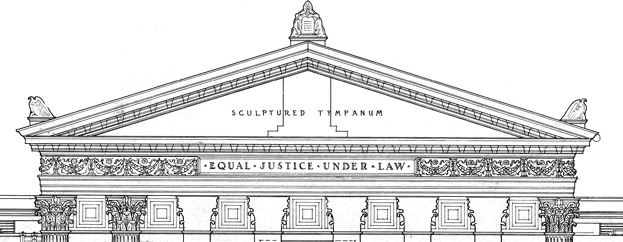Return to District 1SR's Home Page.
License Agreements
The Auxiliary is not permitted to enter into a lease for the use of real property. A lease of real property gives the lessee certain possessory interests under common law. A license, however, is merely the written permission to enter upon and use real property without providing any possessory or estate interests. A license can be cancelled at any time by the owner of the real property.
All agreements, whether for the use of real estate or the contracting of a service or other constructional arrangement, affecting a unit must be signed by the highest elected officer of that Auxiliary unit. The agreement must first be reviewed and approved by the DSO-L. If an elected officer signs an agreement without the approval of the DSO-L that individual may be exposed to personal liability. In the case of an emergency, when the unit’s highest elected officer is not available, the Vice may request the DCDR or DCO to sign.
In connection with the sample license agreement, you should be prepared to adhere to the following:
- The introduction should clearly identify the property owner and the Auxiliary unit as the contracting parties;
- Paragraph 1 sets forth the agreement as being a license and not a lease with a description of the site which is the subject of the license;
- Paragraph 2 describes the use which the Auxiliary unit plans to make of the site together with a statement of dates, times such use may take place. It should also set forth, if possible, duration of use, unless it is at the will of the licensor.
- Paragraph 3 set forth any consideration, if any, which the lessor my receive for use of the site;
- Paragraph 4 sets forth that if there are any claims made against the licensor (site owner) coverage will be given by the United States Government under the Tort Claims Act. When you are presented with a license generally there will be a clause or clauses requiring that the Auxiliary unit provide liability insurance and give a hold harmless agreement in the event that a claim is made against the licensor by a third party which may arise out of the Auxiliary unit's use of the site. All official activities of the Auxiliary unit come under the United States Tort Claims Act since the Auxiliary is a part of the Coast Guard. In addition to the suggested clause the unit would request a Lability Letter from the Director. This Letter would exist in place of an insurance policy.
- The Auxiliary cannot agree to hold harmless clauses in contracts since this would violate the Anti-Deficiency Act. No agreement may contain any provision imposing upon the Coast Guard Auxiliary the assumption of financial, legal or other liabilities on behalf of another party nor provide indemnity to any other party absent specific federal statutory authorization. The Anti-Deficiency Act, 31 U.S.C. §§ 1341(a)(1)(A) and 1341 (a)(1)(B) prohibits all officers and employees of the United States, which includes the Auxiliary and its members, from making or authorizing expenditures or obligations exceeding appropriated funding and from obligating payment of money before it is appropriated.
- The acknowledgment and signature paragraph and format must be followed. The Auxiliary unit officer signing an agreement, any agreement, must do that in the officer’s official capacity as the Auxiliary unit’s authorized leader otherwise personal liability may attach under law. Stated another way, the Auxiliary unit officer when signing an agreement on behalf of the Auxiliary unit is acting as an AGENT of that unit and must, under law, set forth that the authorized Auxiliary unit officer is functioning as such an agent.
- There may be other clauses depending on the nature of the agreement.
- Who is the authorized Auxiliary unit officer for a particular unit?
Flotilla Commander for a Flotilla
Division Commander for a Division
District Commodore for a District
No one else is authorized except in an emergency when the Vice Flotilla Commander may request the Division Commander to sign for the Flotilla or a Vice Division Commander may request the District Commodore to sign for a Division, subject to that the action being reported back to the Flotilla or Division. (Auxiliary Manual 1G, Chapter 6 Section D.) - Any agreement which a unit leader is requested to sign should be sanctioned by the unit’s governing body. That is especially true if a license or agreement requires the expenditure of Auxiliary unit funds. The matter should be submitted for a vote and there should be a resolution of the unit members approving the expenditure before the agreement can be signed by the authorized Auxiliary unit officer.
- All agreements must be in the name of the Auxiliary unit, not the Coast Guard itself.
3-2-21


